John Coltrane (saxo soprano), McCoy Tyner (piano), Steve Davis (contrabajo) y Elvin Jones (batería). Extraído del álbum My Favorite Things (1961).
En 1962 Eric Dolphy se marchó del grupo de John Coltrane y Jimmy Garrison sustituyó a Reggie Workman al contrabajo formando el llamado «cuarteto clásico». En 1963 Coltrane publicó Ballads, Duke Ellington & John Coltrane y John Coltrane and Johnny Hartman, que eran álbums más conservadores, para apaciguar a los críticos. También se lanzó Impressions (1963), en el que Coltrane explora el blues, la música hindú y el jazz modal. En 1964 el cuarteto grabó el álbum Crescent, en el que encontró un término medio entre la forma de tocar convencional y la interpretación libre, y que fue bien recibido por los críticos. Además grabó su obra maestra A Love Supreme (1965), que fue la culminación de su trabajo y una declaración de su fe en Dios, además de su álbum más vendido.
In 1962 Eric Dolphy left John Coltrane’s group and Jimmy Garrison replaced Reggie Workman on double bass forming the so-called “classical quartet”. In 1963 Coltrane published Ballads, Duke Ellington & John Coltrane and John Coltrane and Johnny Hartman, which were more conservative albums, to appease the critics. Impressions (1963) was also released, in which Coltrane explores blues, Indian music and modal jazz. In 1964 the quartet recorded the album Crescent, in which it found a balance between conventional and free playing and was well received by critics. Coltrane also recorded his masterpiece A Love Supreme (1965), which was the culmination of his work and a declaration of his faith in God, as well as his best-selling album.
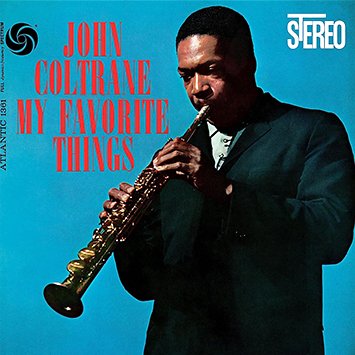
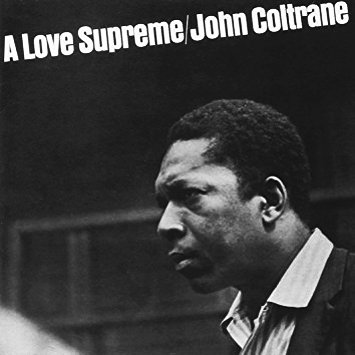
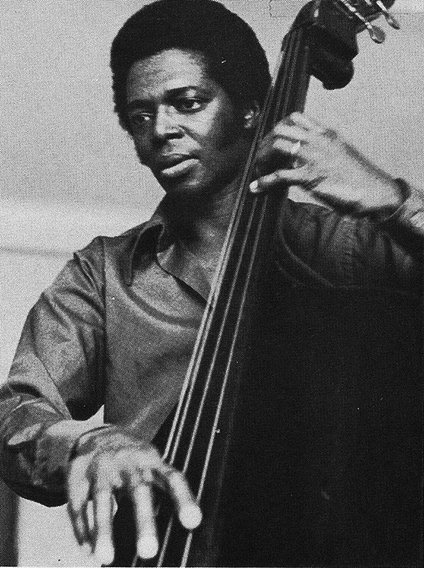
En su etapa final, Coltrane se vio cada vez más involucrado en el free jazz influido por las disonancias del trío del saxofonista tenor Albert Ayler. Defendió a muchos músicos de este estilo, como los saxofonistas tenores Archie Shepp y Pharoah Sanders, y gracias a él Impulse! se convirtió en el principal sello discográfico de free jazz. En una serie de grabaciones póstumas publicadas con el cuarteto clásico en la primera mitad de 1965 introdujo técnicas como la multifonía, la utilización de armónicos, la interpretación en el registro altissimo y un retorno a las «sheets of sound», y el grupo le respondió con mayor libertad. Después publicó Ascension (1966) con un conjunto de once músicos, una pieza musical de cuarenta minutos en la que los solos de los músicos de vanguardia eran separados por improvisaciones colectivas.
In his final stage, Coltrane was more and more involved in free jazz influenced by the dissonances of tenor saxofonist Albert Ayler’s trio. He defended many musicians of this style, like tenor saxofonists Archie Shepp and Pharoah Sanders, and thanks to him Impulse! became the main free jazz record label. In a series of posthumous recordings published with the classical quartet in the first half of 1965, he introduced techniques such as multiphonics, the use of harmonics, rendition on the altissimo register and a comeback to the “sheets of sound”, and the group replied to him with greater freedom. He then issued Ascension (1966) with an eleven-piece ensemble, a 40-minute piece of music in which the solos of the avant-garde musicians were separated by collective improvisations.
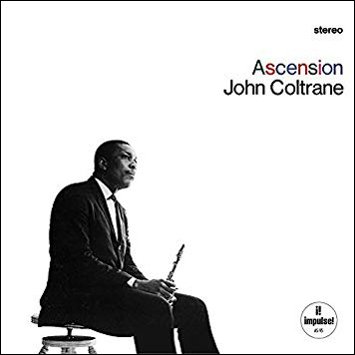
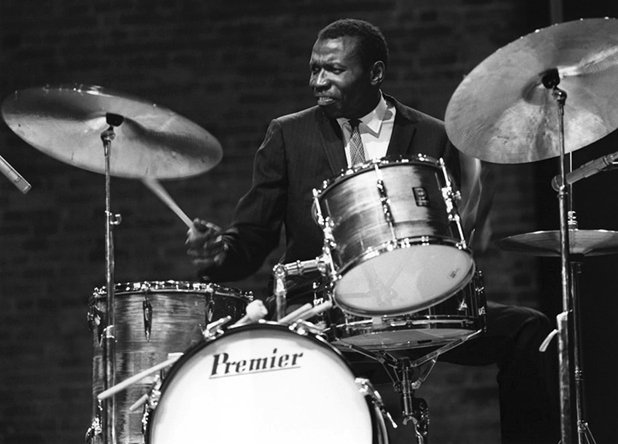
Después, Coltrane le ofreció a Sanders que se uniera a su grupo. Mientras que él usaba con frecuencia el overblowing para aumentar la energía emocional, Sanders lo hacía durante solos enteros. La llegada añadida de Rashied Ali como segundo batería constituyó el final del cuarteto clásico y después de la grabación de Meditations (1966), Tyner y Jones abandonaron a Coltrane. A continuación, este formó un quinteto compuesto por él mismo, Sanders al saxo tenor, su segunda mujer Alice Coltrane al piano, Garrison al contrabajo y Ali a la batería, con el que grabó Expression, cuya publicación fue aprobada por él unos días antes de su muerte en 1967 de cáncer de hígado a los 40 años de edad. Durante los años setenta Impuse! Records publicó gran parte de su material desconocido.
Afterwards, Coltrane offered Sanders to be part of his group. While he often used overblowing to increase emotional energy, Sanders did so for whole solos. Rashied Ali’s added arrival as a second drummer was the end of the classical quartet and after the recording of Meditations (1966), Tyner and Jones abandoned Coltrane. He later formed a quintet that included himself, Sanders on tenor sax, his second wife Alice Coltrane on piano, Garrison on double bass and Ali on drums, with which he recorded Expression, whose publication was approved by him a few days before his death in 1967 from liver cancer at 40 years of age. During the 1970s Impuse! Records released much of his unknown material.
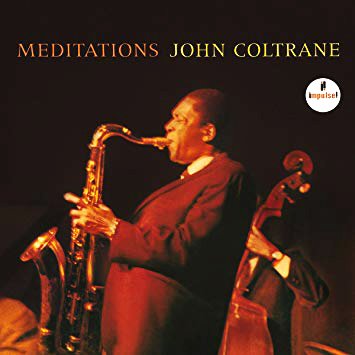
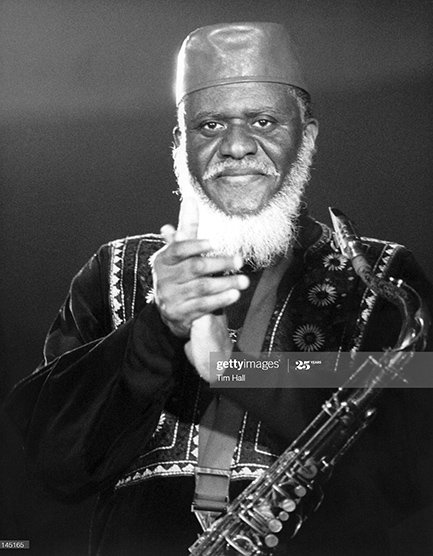
Translated with the help of DeepL
℗ Atlantic Records


Programa de televisión Jazz entre amigos sobre John Coltrane
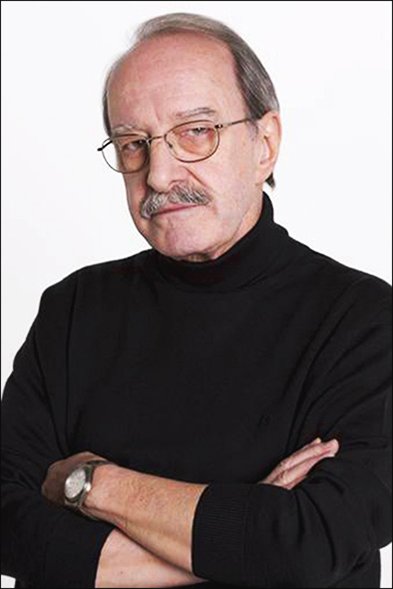

Very interesting :)
Good and Smart move to add Pharao Sanders to become more "free"
Genius band
I'm glad you like it. Have a great day! 😀
Meant to say it was a good move from Coltrane to add this fab Musician who played 2 Saxophones at the same time
That's my profile I curate interesting content & articles about music